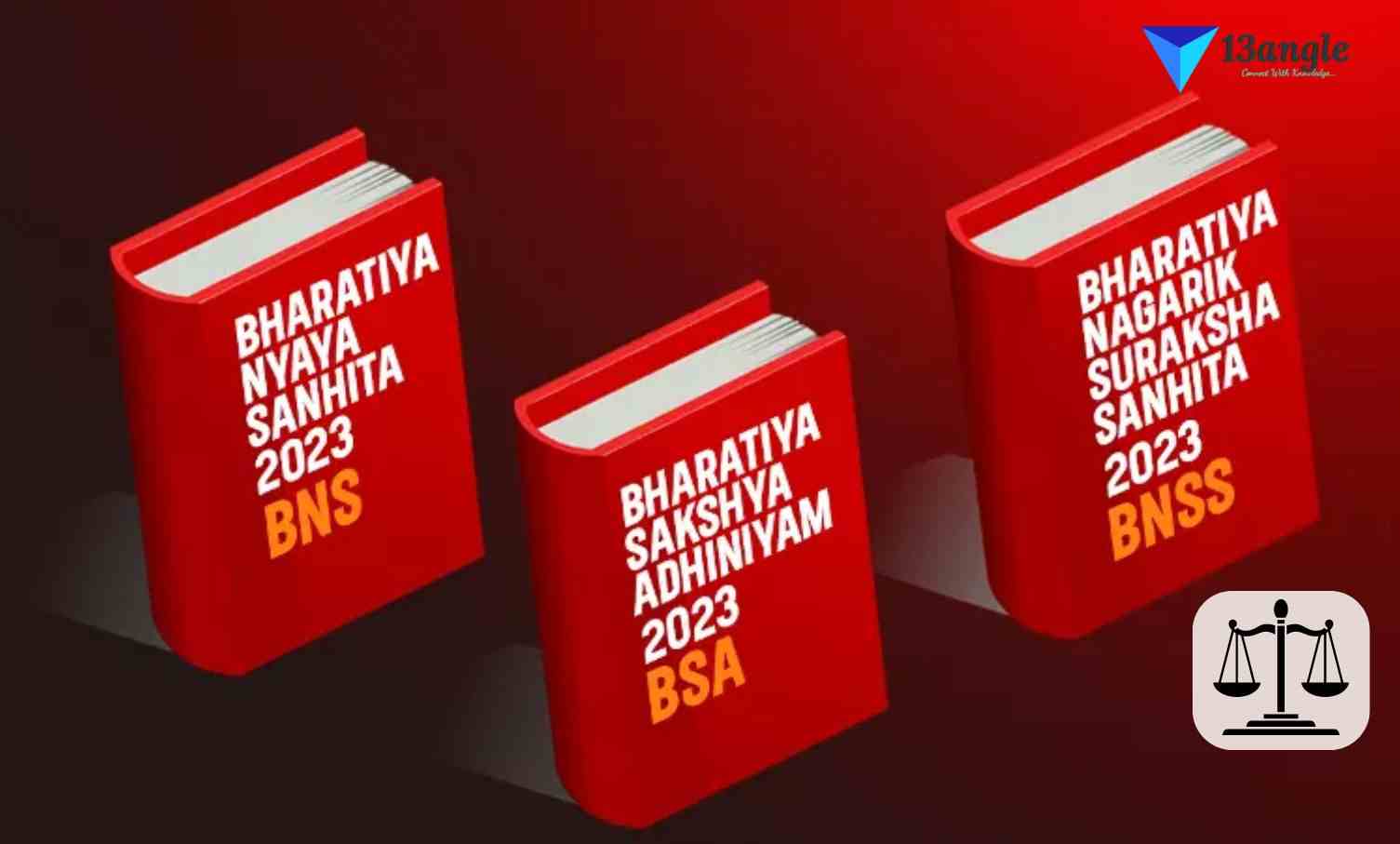A New Chapter In Justice: India’s New Criminal Laws
Introduction India’s criminal justice system saw significant changes in 2023 with the introduction of three new laws. These laws, namely Bharatiya Sakshya Adhiniyam, Bharatiya Nagarik Suraksha Sanhita, and Bharatiya Nyaya Sanhita, address modern challenges like cybercrime and gender justice. They aim to make legal processes smoother, enhance victim protection, and [...]












